Introduction to Palabana University:
Introduction: Palabana University is a public university in Zambia, focusing on agricultural and animal husbandry education, cultivating professional talents for Zambia's agricultural development.
Overview
Establishment time: Its predecessor can be traced back to the Clifton Youth Training Center in 1965. In 2011, the President of Zambia announced that the Palabana Dairy Training College would be upgraded to a public university, and it was officially established as a university through statutory instruments in 2019.
Geographic location: Located in Zambia.
History: The Clifton Youth Training Center was established in 1965 to provide young people with carpentry and vegetable planting training. In the 1970s, it was transformed into the Palabana Dairy Training College, providing dairy farming training. In 1981, the scope of training was expanded to dairy and livestock production certificate courses. In 2010, a diploma course in livestock production was introduced. In 2011, the President announced that it would become a public university, and it was legally established in 2019. The interim board of directors was appointed on April 29, 2021, and the formal board of directors was appointed on April 12, 2023.
School strength: It is a public university at level 7 under the framework of the Higher Education Authority of Zambia, with the authority to award bachelor's degrees. The school continues to develop professional courses, closely linked to the agricultural sector in Zambia, providing students with practical opportunities and employment channels.
Institutional nature: public university.
Educational philosophy
Vision: To become an internationally renowned university of excellence in agricultural and animal husbandry education, innovation and entrepreneurship training, and provide important support for national development.
Mission: To provide appropriate agricultural, animal husbandry education and entrepreneurial skills through effective teaching, research and consulting.
Core values: integrity, innovation, excellence, inclusiveness, self-discipline, responsiveness, transparency and responsibility.
Key laboratories and disciplines
Key disciplines: Animal science, agricultural education, aquaculture and capture fisheries.
Key laboratories: There are no public reports on particularly outstanding key laboratories.
Department: There is no clear announcement of the specific department division, but judging from the professional settings, it mainly revolves around agriculture and animal husbandry related fields.
Ranking: There is no clear international or domestic authoritative ranking data.
Cost: There is no public information on the exact tuition and other expenses.
Campus environment: There is no detailed public information about the campus environment, but it can be inferred that the campus has basic facilities such as teaching and scientific research, providing a place for practice and learning for students majoring in agriculture and animal husbandry.
-
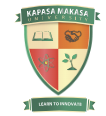
Kapasa Makasa University
-
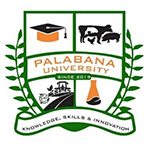
Palabana University
-
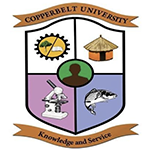
The Copperbelt University
-
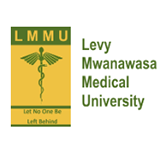
Levy Mwanawasa Medical University
-

Mulungushi University
-
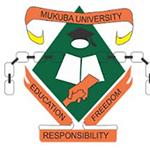
Mukuba University
-

Kwame Nkrumah University
-

University of Lusaka
-

Rusangu University
-

Northrise University
-

Mesoamerican University
-

Istmo University
-

Mariano Galvez University of Guatemala
-

Regional University of Guatemala
-

Galileo University
-

Francisco Marroquín University
-

Rafael Landívar University
-

University of the Valley of Guatemala
-

University of San Carlos of Guatemala
-

Technological Institute of Tlaxcala Plateau
-

Golfo University
-

Technological University of South Sonora
-

Technological University of Huejotzingo
-

Tizimín Institute of Technology
-

Chilpancingo Institute of Technology
